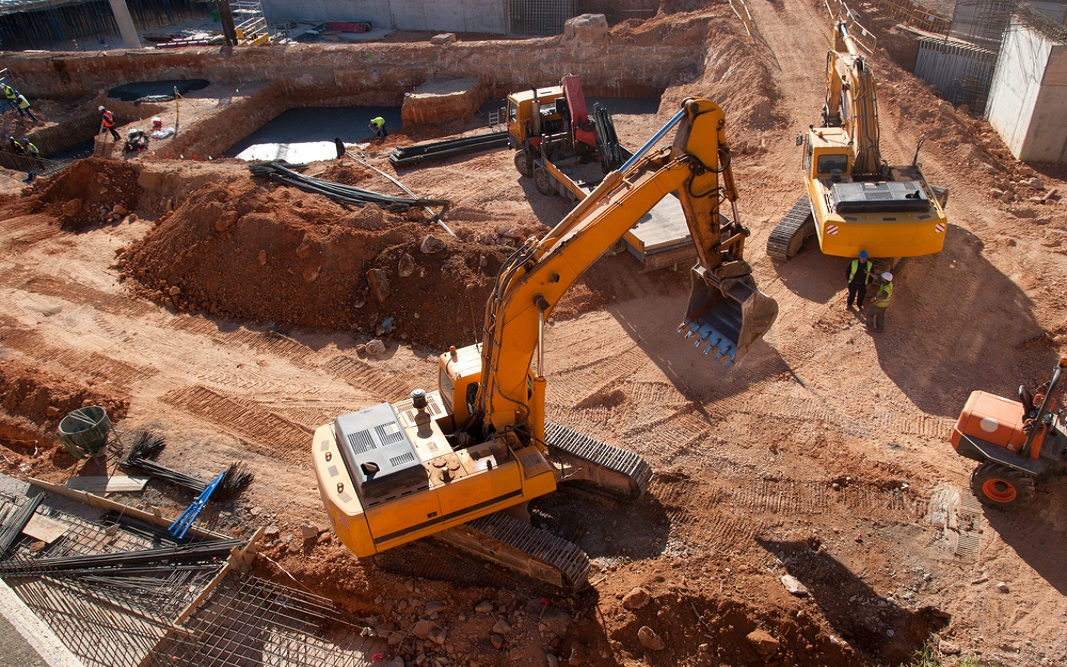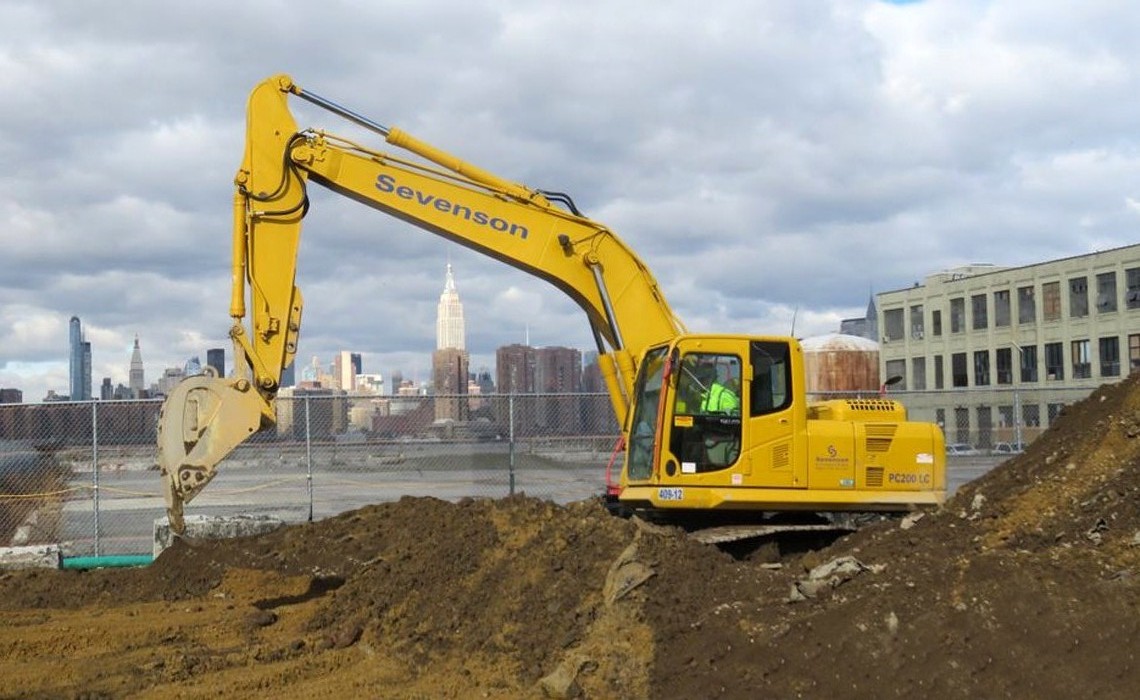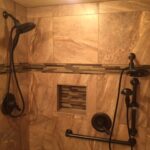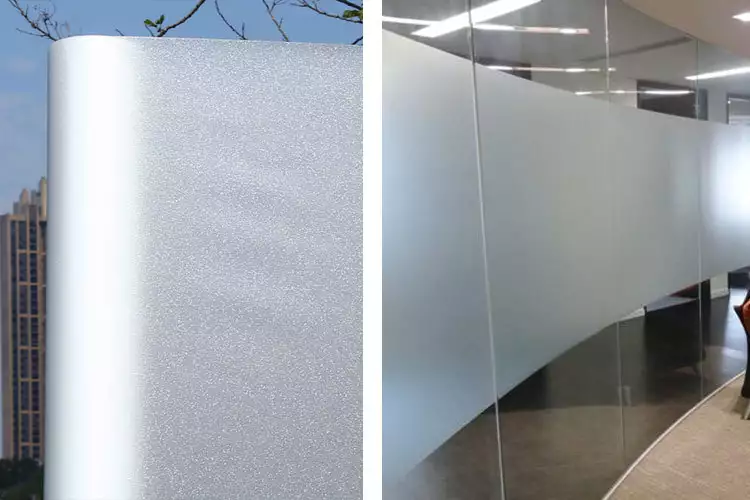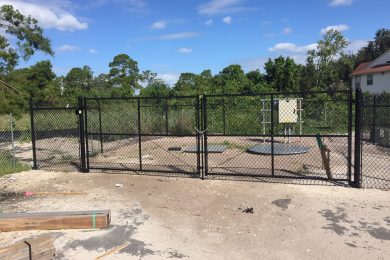If you’ve worked in construction or agriculture, you’ll know that augers are some of the most important mechanical devices around for doing large-scale digging jobs. Augers aren’t particularly complicated tools, but they are nevertheless highly effective when it comes to boring holes through rocks and earth materials. From planting seedlings in an agricultural setting to drilling post holes for the installation of foundations on a construction site, augers will always come in handy. Overall, they are a notable change in any task that requires a repetitive digging motion. In place of a trowel or spade, an auger has the potential to save you a lot of time and effort, particularly when they’re from a great brand like Digga.
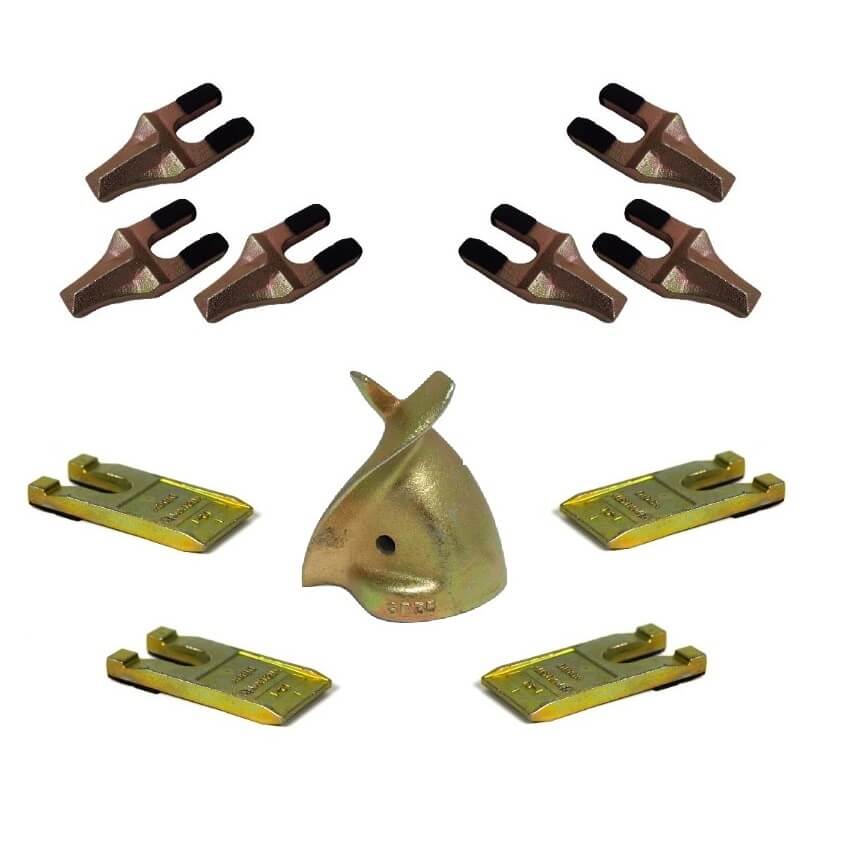
But What Do Auger Teeth Do?
As we have already ascertained, augers are incredibly versatile pieces of digging machinery that can be used to drill down into a range of different surfaces, including earth, rocks, wood, and concrete. Choosing the correct type of auger teeth for your device will have a massive impact on its overall performance. Surface conditions also have a role to play when it comes to choosing the auger teeth.
Get to Know the Different Types of Auger Teeth
Here is a broad breakdown of the distinct types of auger teeth and the surfaces that each type is most suited to work with:
Do You Need Bladed Cutting Head Teeth?
Bladed auger teeth are best suited for tasks that require you to drill down into the earth, clay and shale. These are usually made of tungsten carbide or multi-faceted tungsten.
What Are Tapered Cutting Head Teeth For?
Made from multi-faceted tungsten, tapered teeth are specifically designed to drill into soft earth and clay, or rip into fractural rock.
Should I Use a Rotating Rock Pick?
For the toughest surfaces and most abrasive conditions around, you’ll want a rotating rock pick. These are made of hardened tungsten, which can be used on shale, fractural rock and concrete.
How to Get the Most From Your Auger Teeth
Choose The Right Auger Teeth for the Job
The first step towards getting the most out of an auger and the auger teeth is to put time and energy into the process of choosing your machinery and attachments. It is crucial that these items are the most well-suited for your purposes. Using standard blade cutting teeth on concrete will cause the teeth to wear too quickly, and this could put an unintended amount of pressure on the auger itself. Likewise, using a rotating rock pick attachment to drill into earth or clay is futile and will probably cause issues on the surface itself.
Augers are highly effective pieces of digging machinery; however, to work at best ability, their teeth need to be in good shape. If the type of auger teeth chosen isn’t correct, or if the teeth themselves are not adequately maintained, the auger flighting will pick up the slack and absorb additional wear. In turn, worn-down teeth can lead to a decrease in their digging capabilities and result in the auger itself becoming stuck in the ground.
At the end of the day, using the wrong auger teeth can cause a lot of damage to the auger. This wouldn’t just be a costly affair; it would be one that could potentially give rise to particular safety concerns. Not addressing any issues with the effectiveness of your auger teeth will, at a minimum, severely limit the performance of your equipment. This is highly counterproductive when you consider the investment that has gone into its purchase.
Make Sure You Maintain Your Auger Teeth
As we’ve already established, the longevity of your auger teeth will depend largely upon whether or not the auger is used correctly. Naturally, however, auger teeth will also experience general wear and tear over time. They will likely need to be replaced at some point down the line, depending on how often you use your auger and the intensity with which it is wielded.
Other things to bear in mind with auger teeth are much the same as general maintenance concerns for any large piece of equipment. Proper storage is imperative, so keep your auger teeth in a place that is temperature-controlled and dry. Remember that extremes in climate conditions could also cause machinery to disintegrate faster, even if it isn’t in use.
It is also worth considering the type of environment in which you’ll predominantly be using the auger. For example, if you are using the auger for drilling foundations, the teeth will be exposed to extremely tough and rocky conditions. If you are digging holes for the installation of poles, the chances of damage are also going to be higher. In such circumstances, you’ll need to pay greater attention to your auger and check for signs of damage more regularly.
Troubleshoot & Replace Damaged Auger Teeth Swiftly
Regardless of how well you keep your auger teeth, there will come a point when even the best-quality auger teeth need to be replaced. It is advisable to regularly check your auger teeth and make a plan to get a replacement when reasonable wear becomes noticeable. Auger teeth should undoubtedly be replaced before any pocket wear occurs. Bear in mind that the productivity of the auger will diminish as the teeth wear over time. In turn, the efficiency of the machinery and its ability to dig effectively will also deplete.
As you are likely to notice, the outer teeth will wear out faster than those closer to the centre. This is because they must travel a greater distance as they follow the rotational movement. The most common sign of wear and tear will be seen on the outer tips of the tooth and will follow the radius of the diameter. If you continue using auger teeth that have experienced wear and tear, the damage will spread to the packers and the flight of the auger, which can be more problematic.
As previously mentioned, it is always best to change the auger teeth ahead of time. If, however, you do find yourself in a remote location and unable to source replacement teeth fast, there is a temporary solution. You can swap the inside teeth that are close to the pilot with the outer teeth, which are more worn out. Remember that while this will work for a while, you should still endeavour to buy replacement auger teeth as soon as possible.
What Auger Teeth Should You Buy?
Now that we have discussed the ins and outs of auger teeth; how to choose the right type of auger teeth for your heavy machinery; and how to keep the auger teeth so they remain functional for the longest time possible, it is time to find the best auger teeth on the market.
We recommend looking for quality auger teeth from reputable brands. In Australia, this includes Auger Torque and Digga. Digga is an excellent brand to go with as their range of auger teeth products are high quality and will stand the test of time.
Shop for the Best Brands of Auger Teeth at Bunyip Equipment
We know that investing in large pieces of machinery and replacement parts isn’t cheap, so we always encourage you to complete your own research before taking the plunge and making a big-ticket purchase.
When it comes to an item like auger teeth, it isn’t just about throwing money towards the best option available — it’s about choosing the right option for you. Selecting the right auger teeth for the task at hand will increase the efficiency and longevity of the product, ensuring your investment will pay off in the long haul. Likewise, having the knowledge to keep your auger teeth correctly and spot the signs of damage early can also make a substantial difference. In fact, this could be the difference between having to pay for replacement auger teeth and having to pay for equipment repairs, which can be far more costly.
When you shop at Bunyip Equipment, you will have access to an extensive catalogue of machinery and replacement parts from well-known brands such as Digga and Auger Torque. Plus, the Bunyip Equipment team of specialists have years of experience and are always on hand to answer your questions, share their insights and offer advice. So, when it comes to replacement auger teeth and much more, shop with Bunyip Equipment for the best deals around.

Shery Walls is a dedicated home blogger who has been blogging for over six years. She covers everything home related. Shery also loves writing posts about her travels to Europe with her husband and two children.

